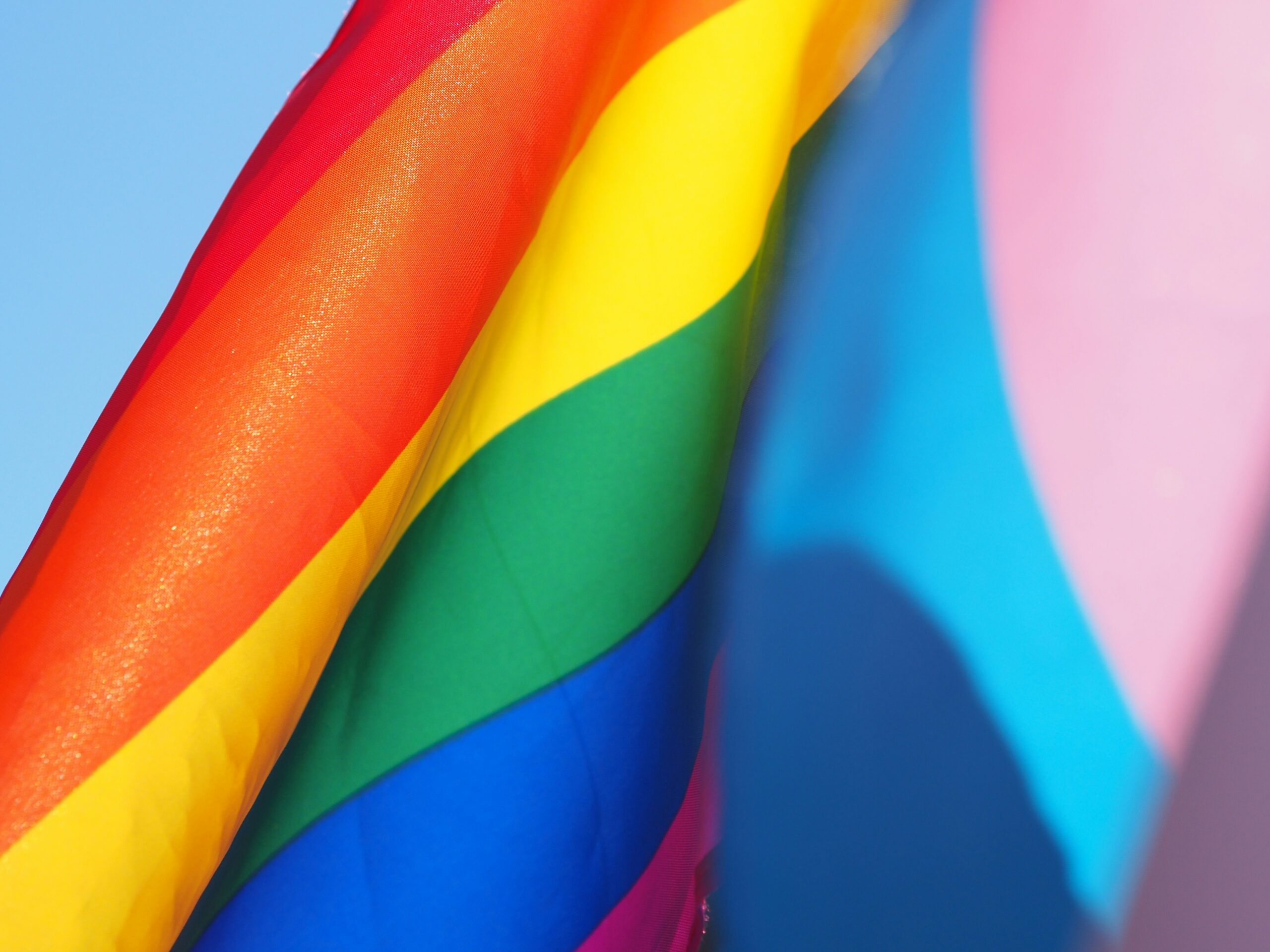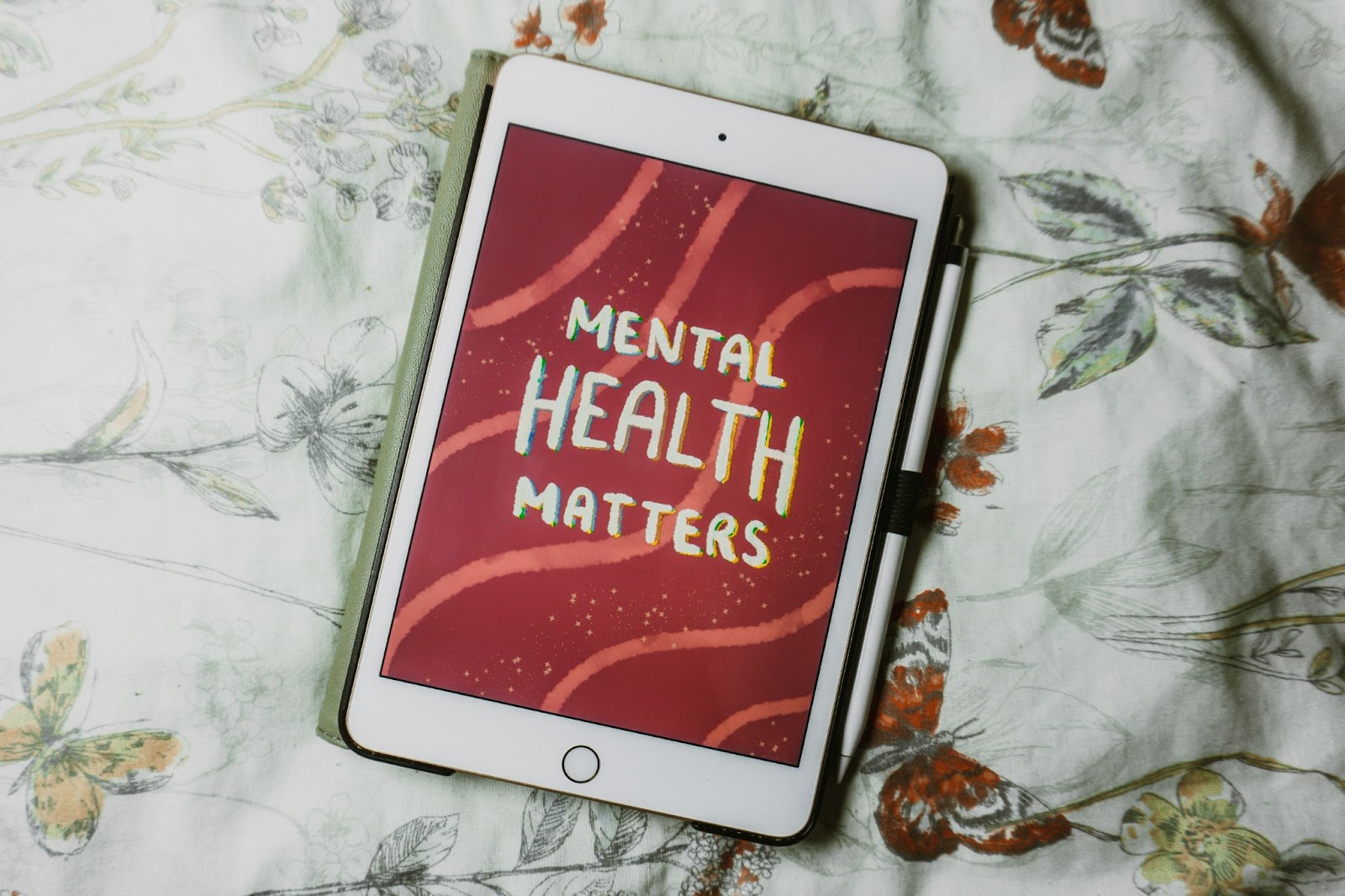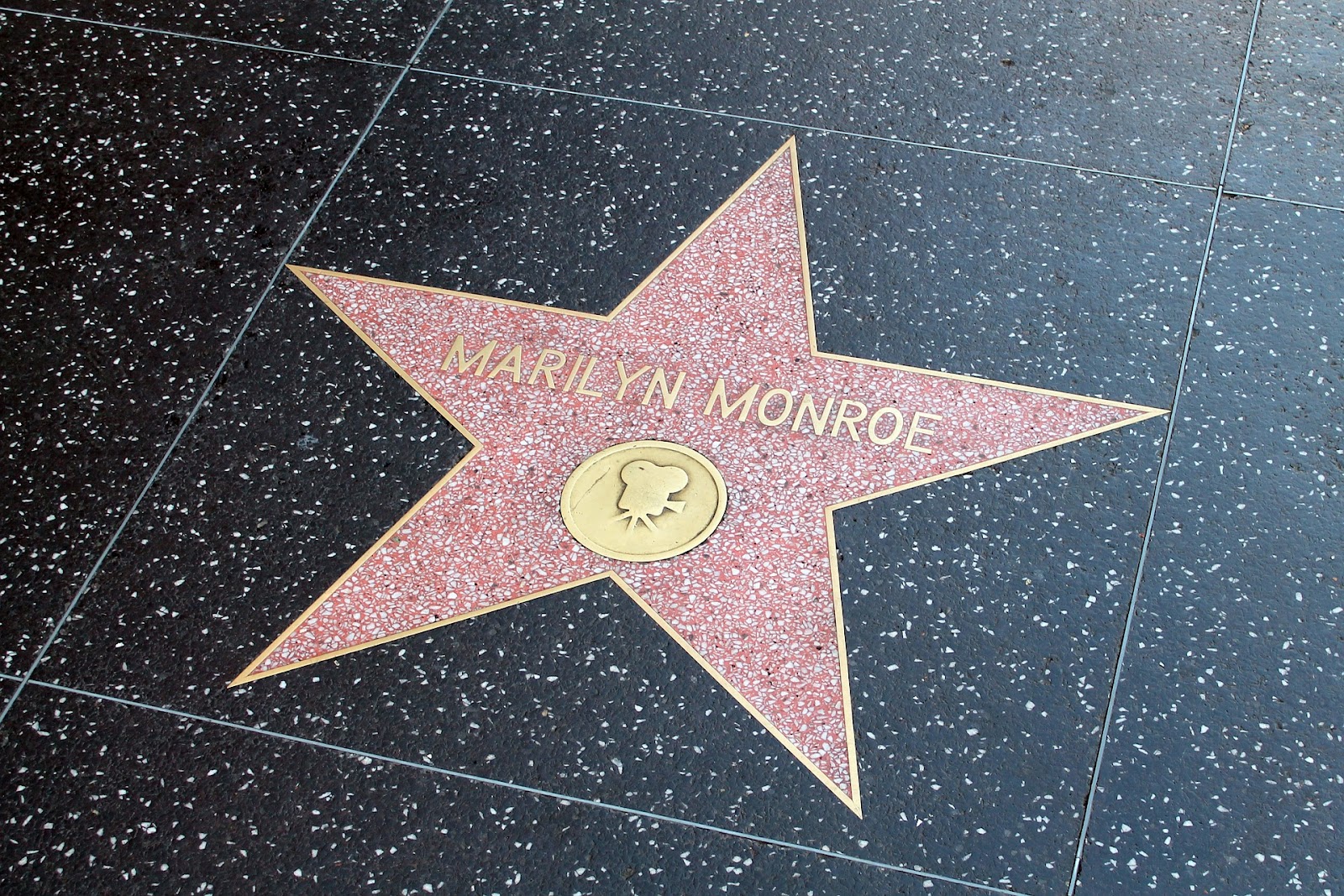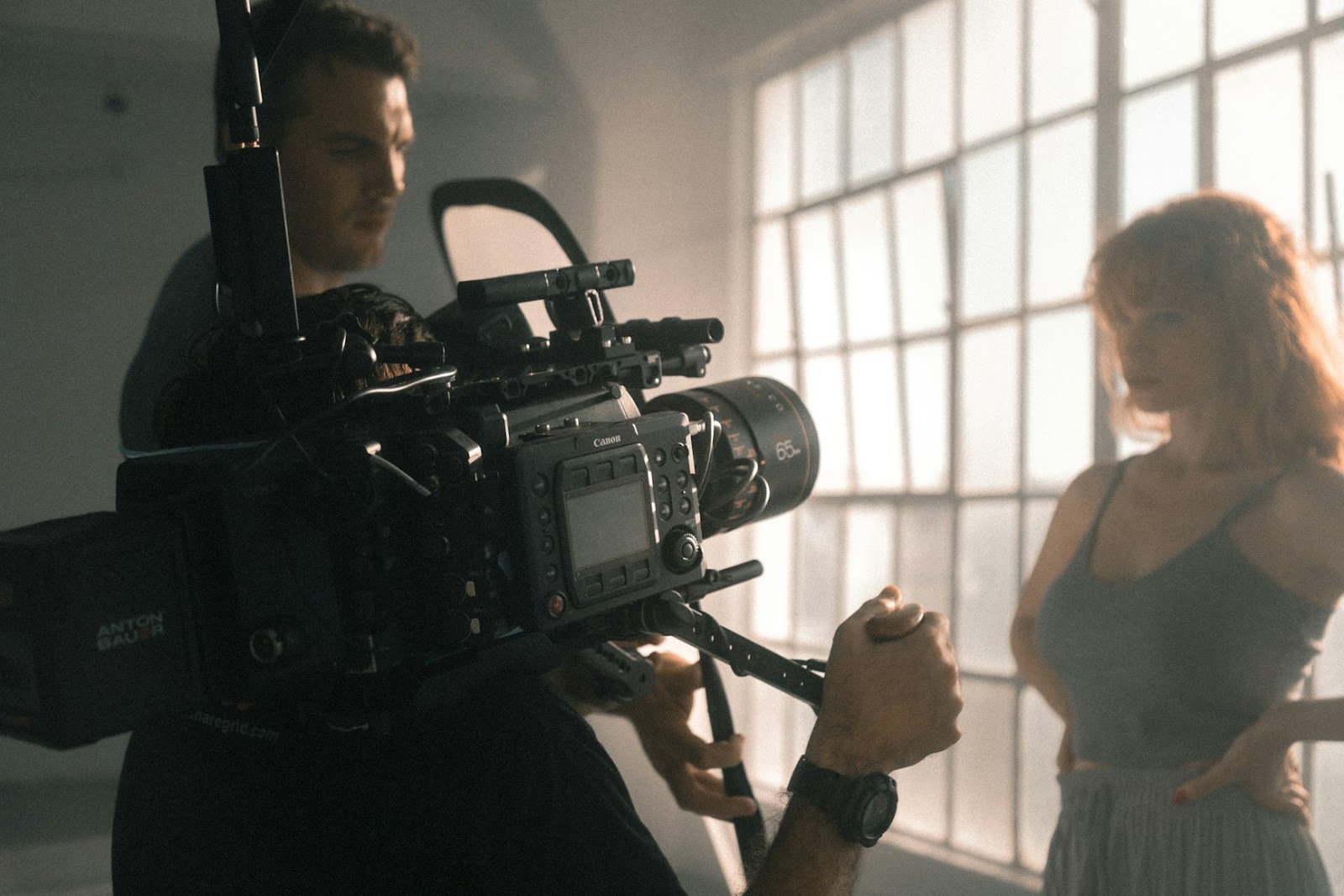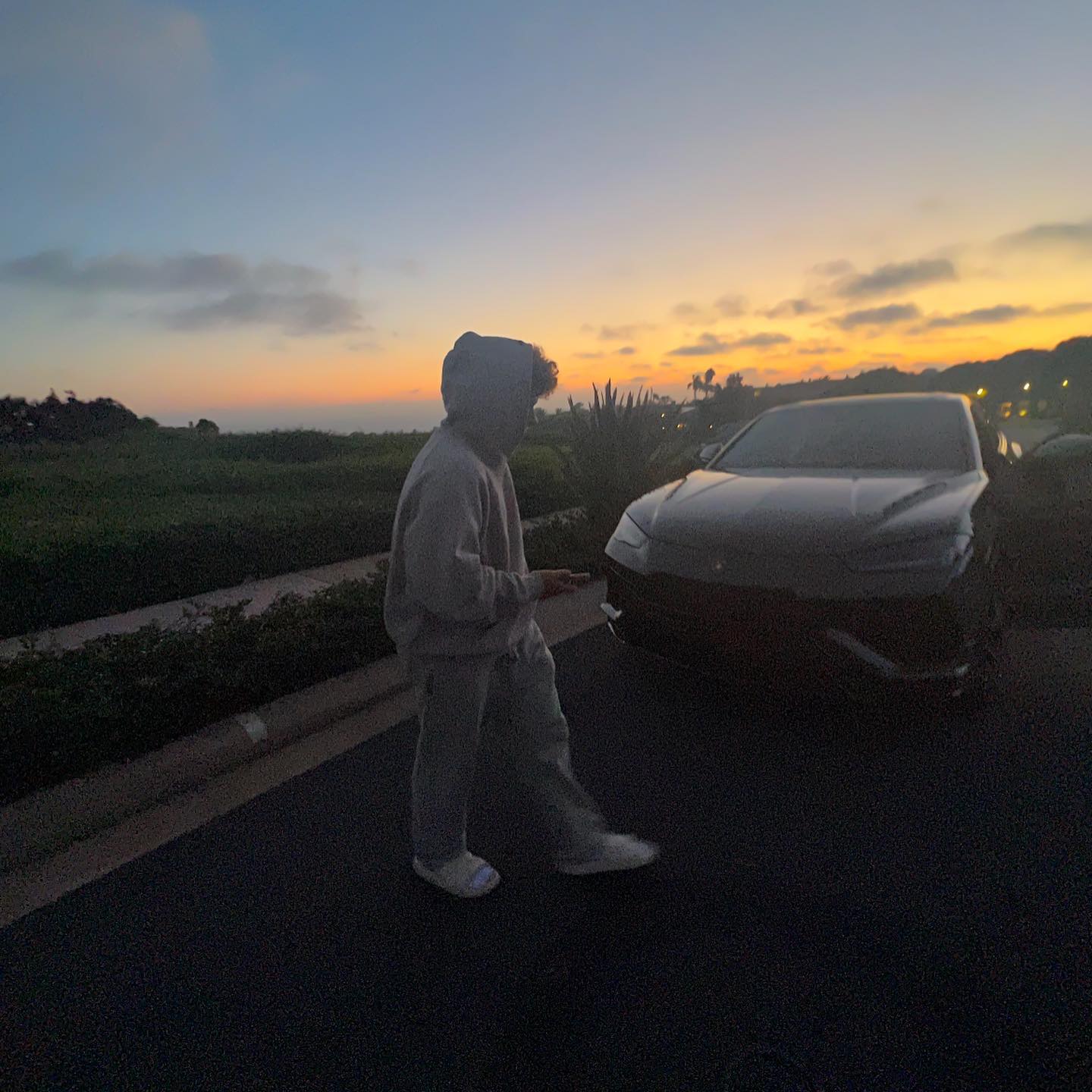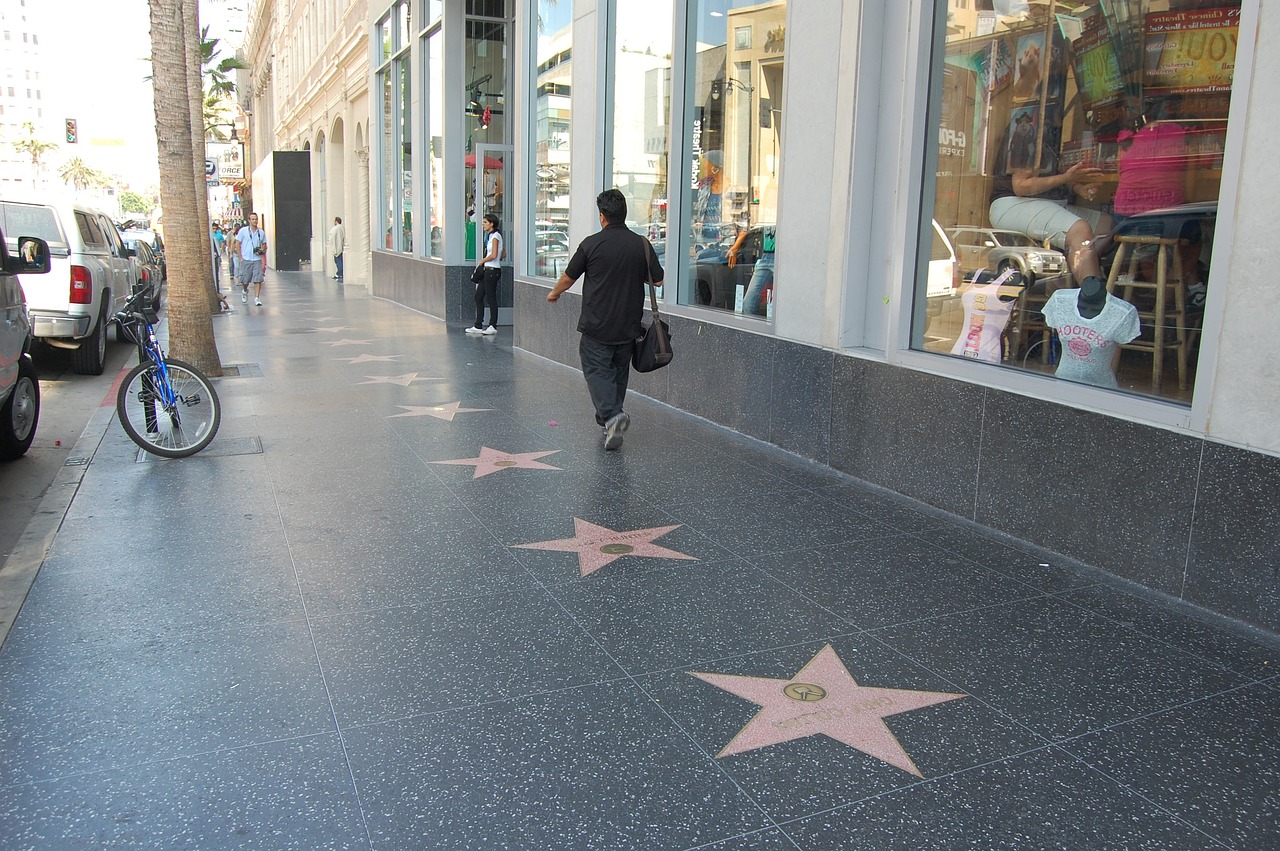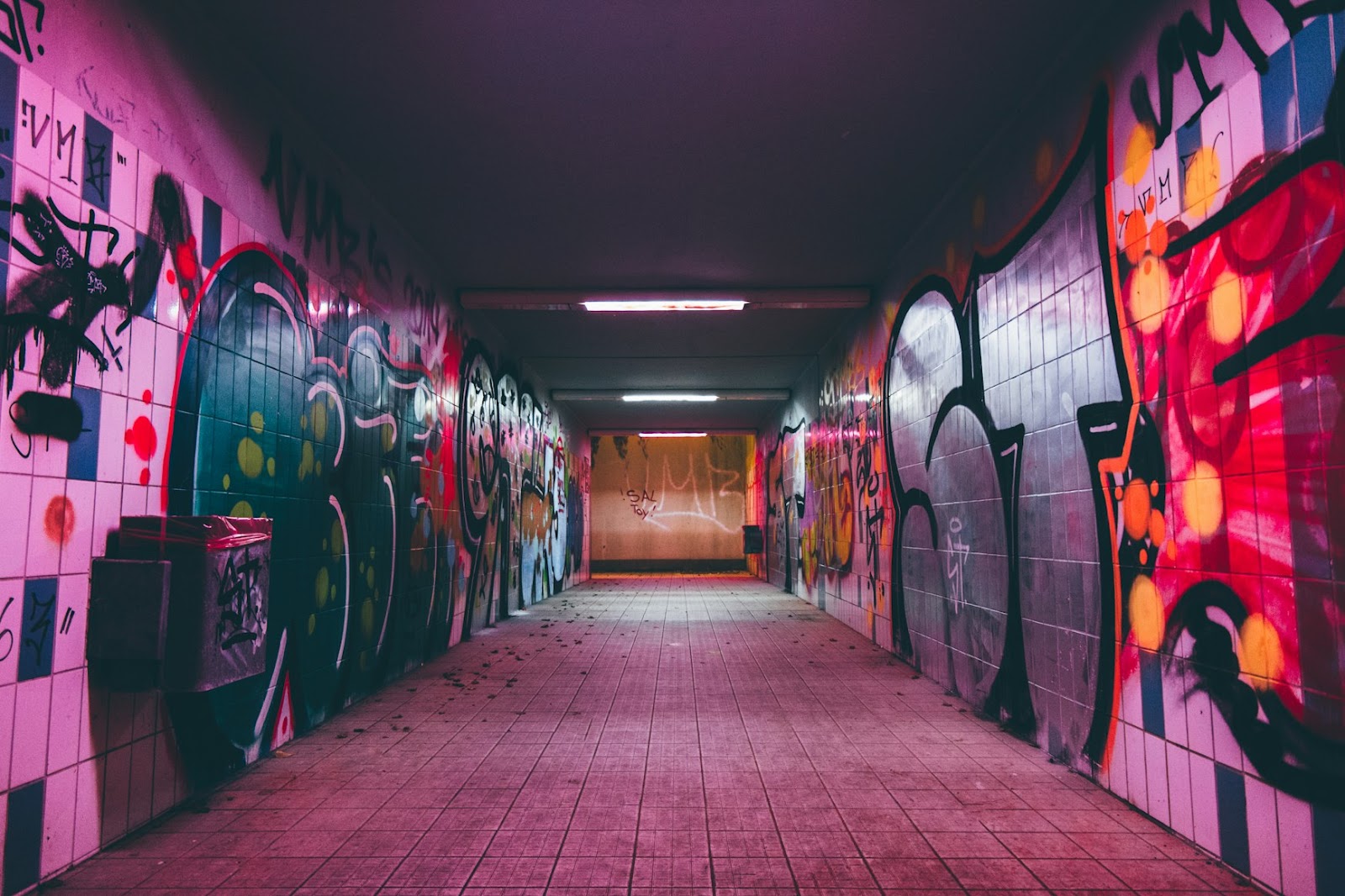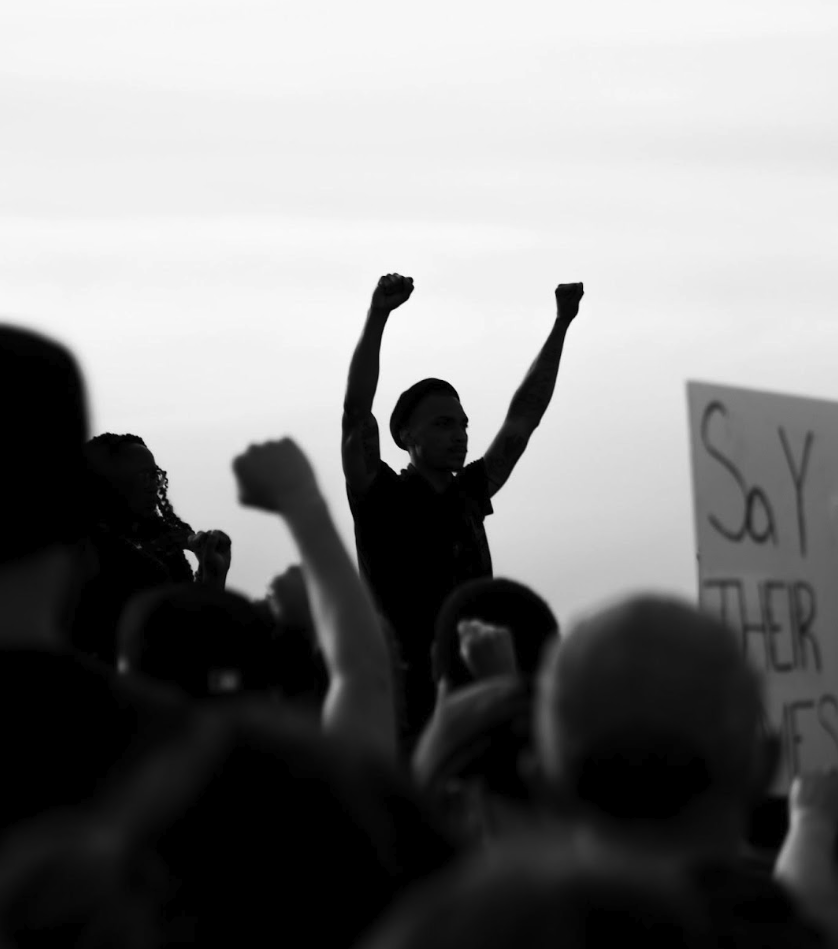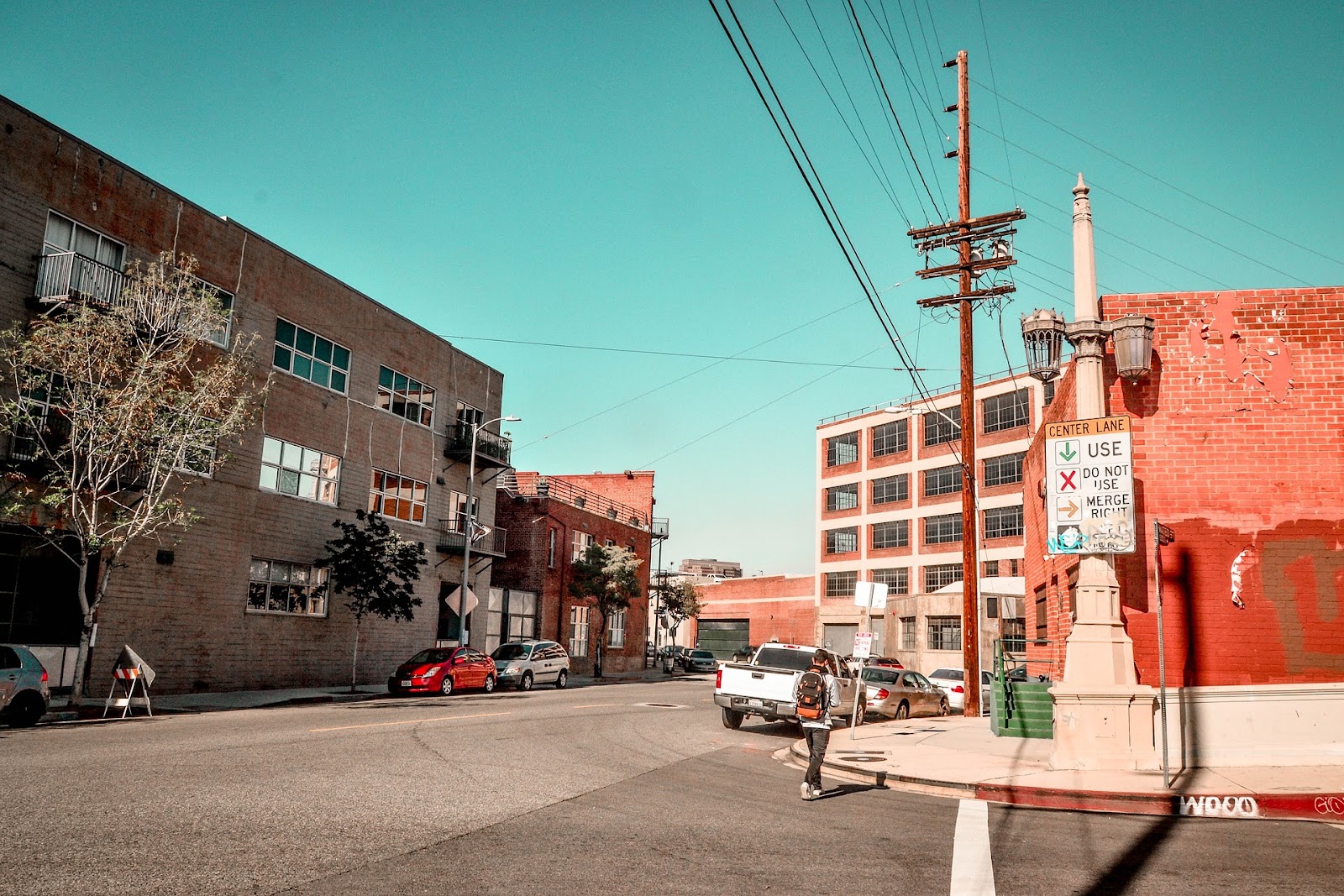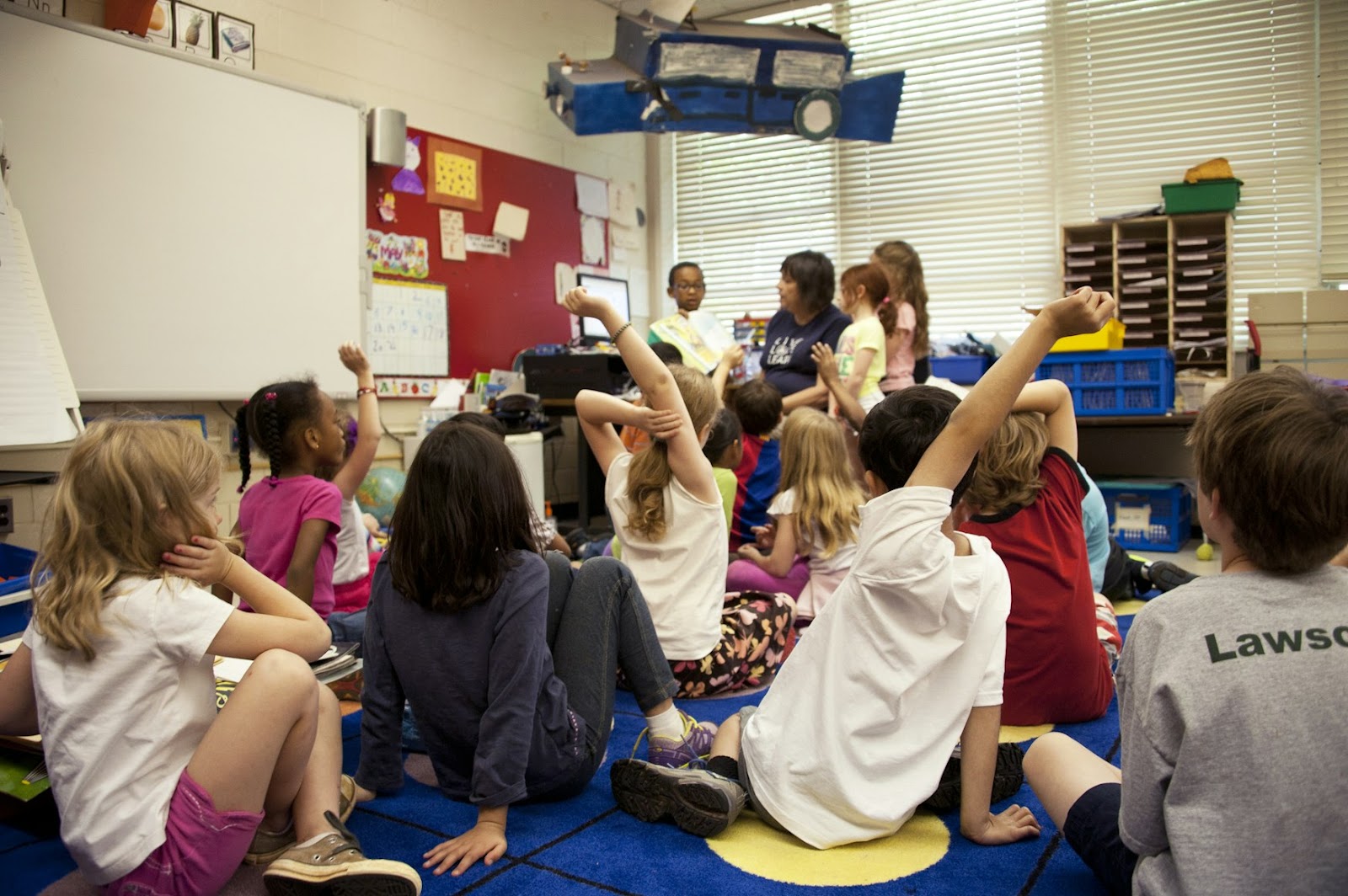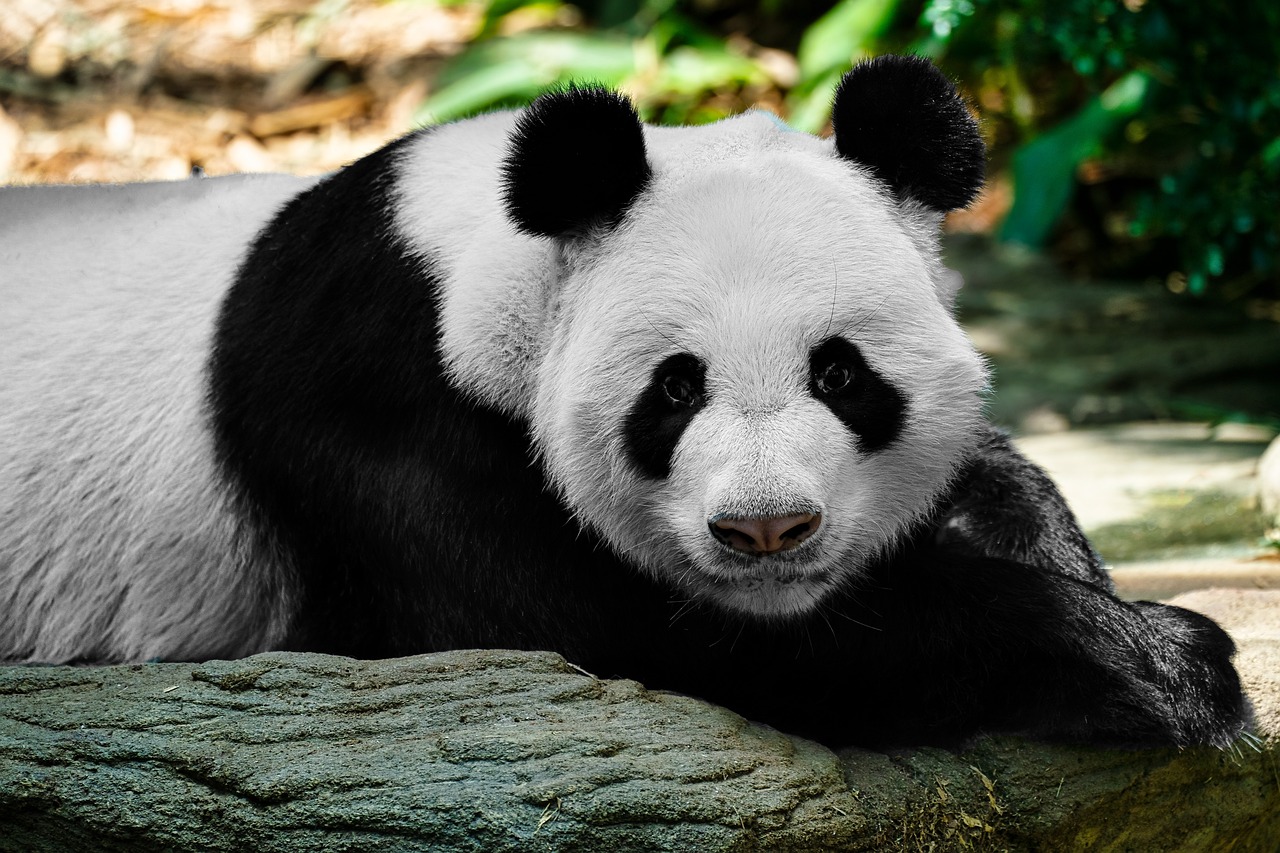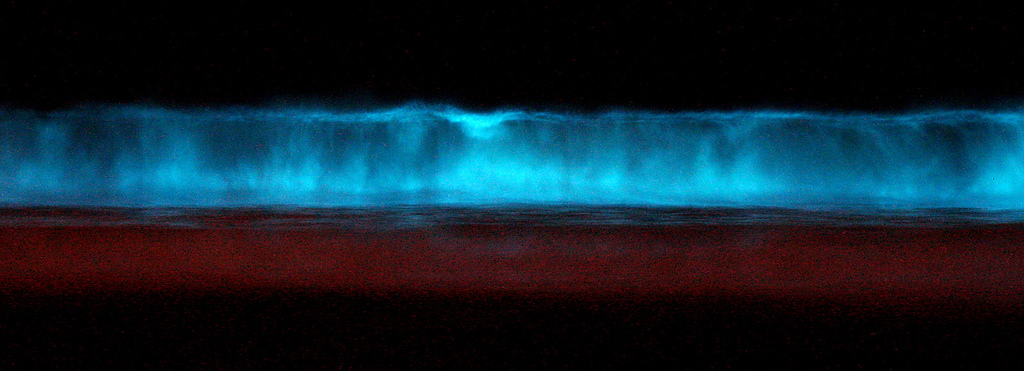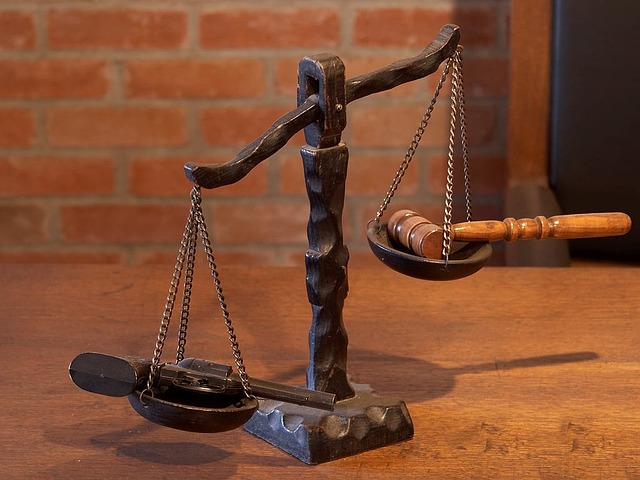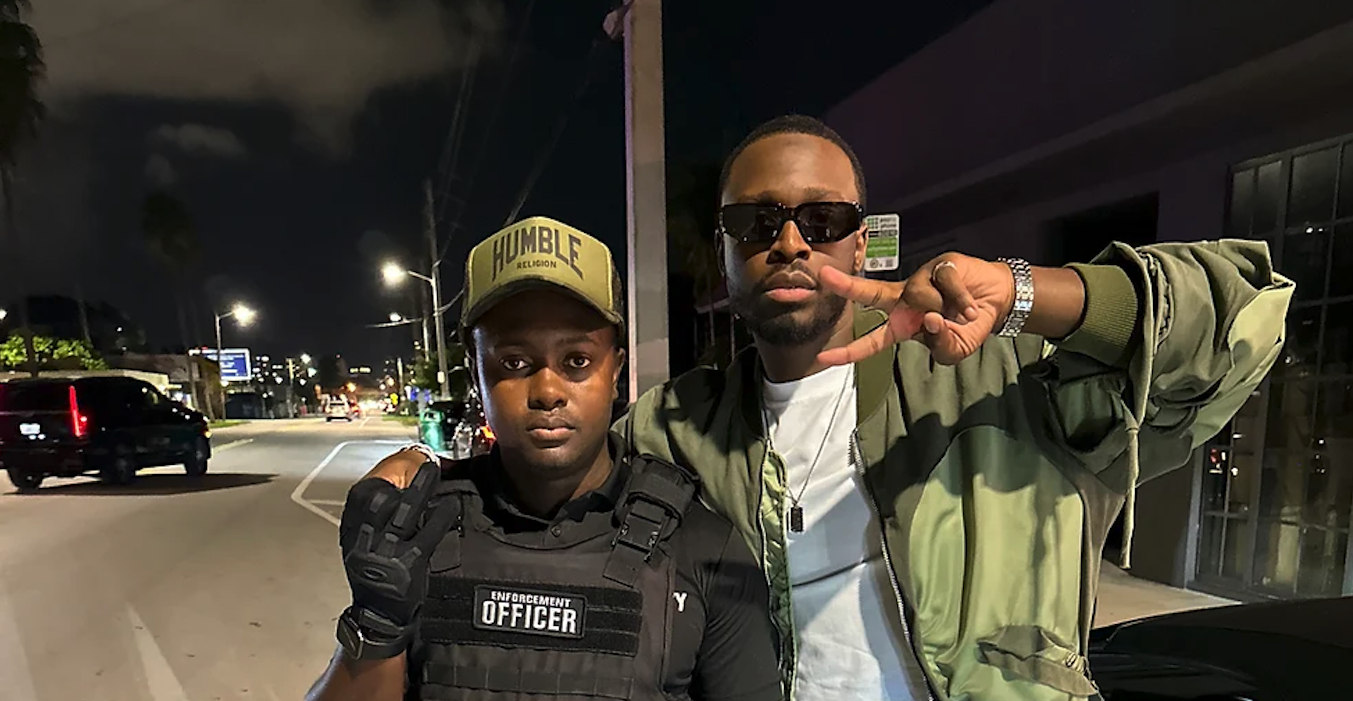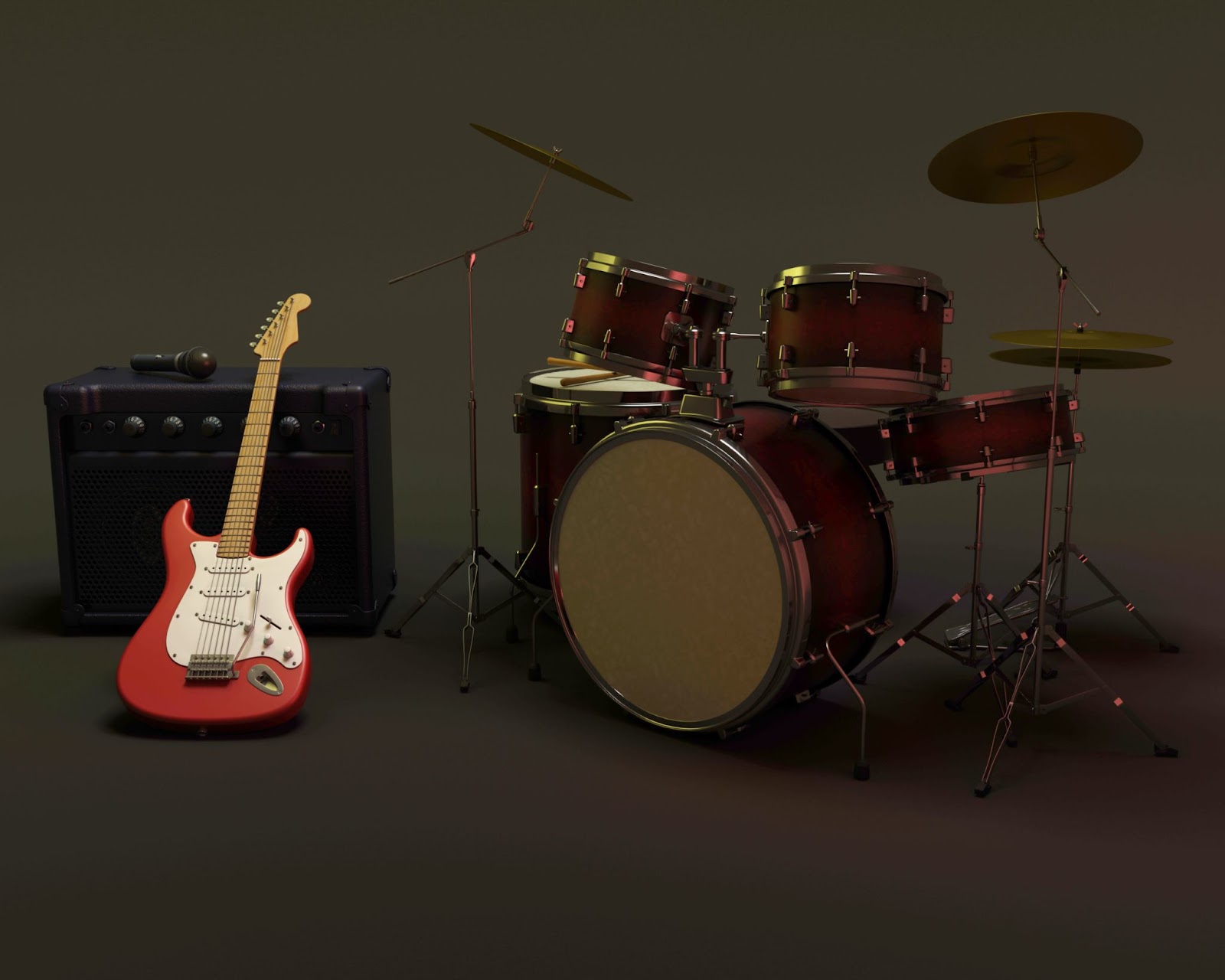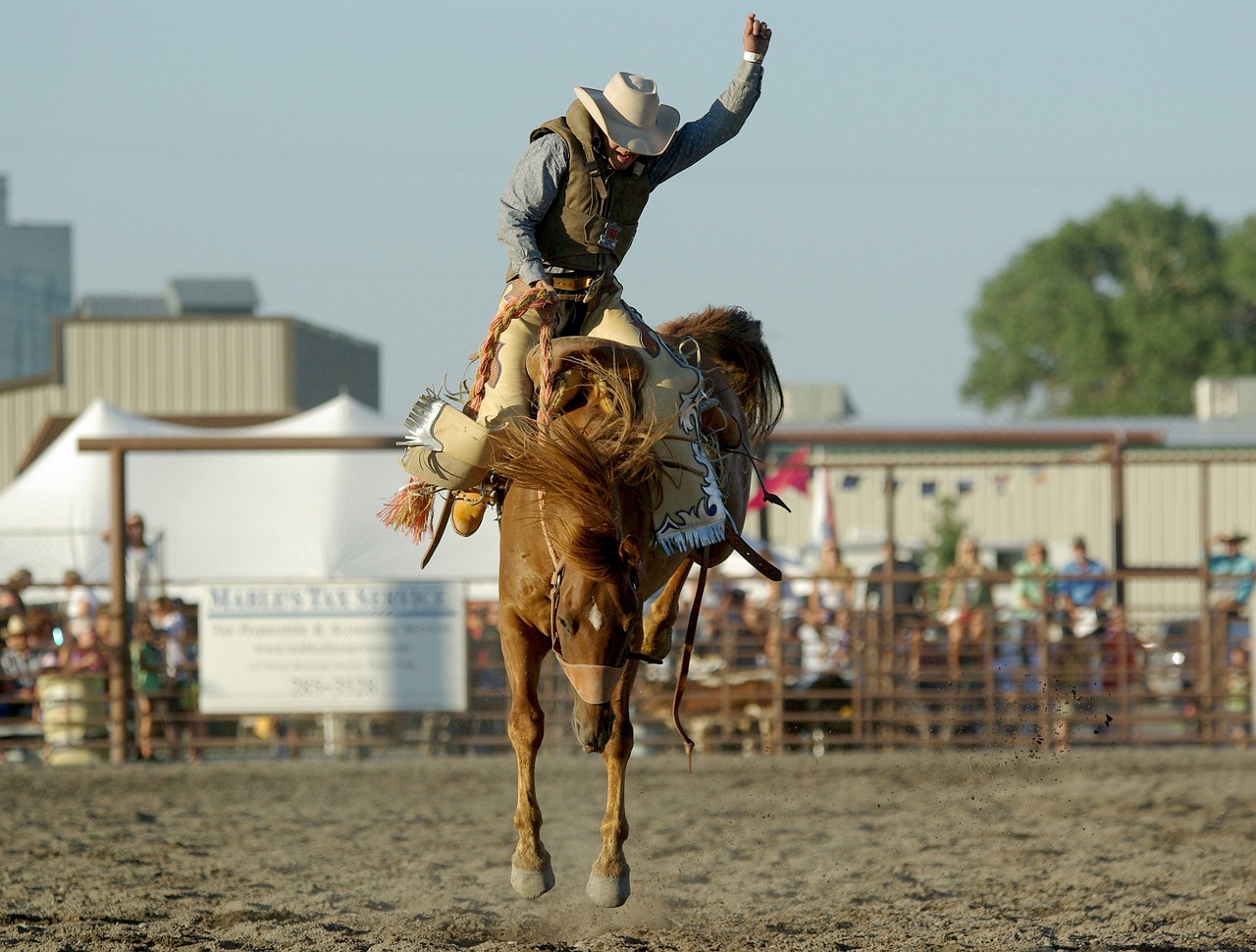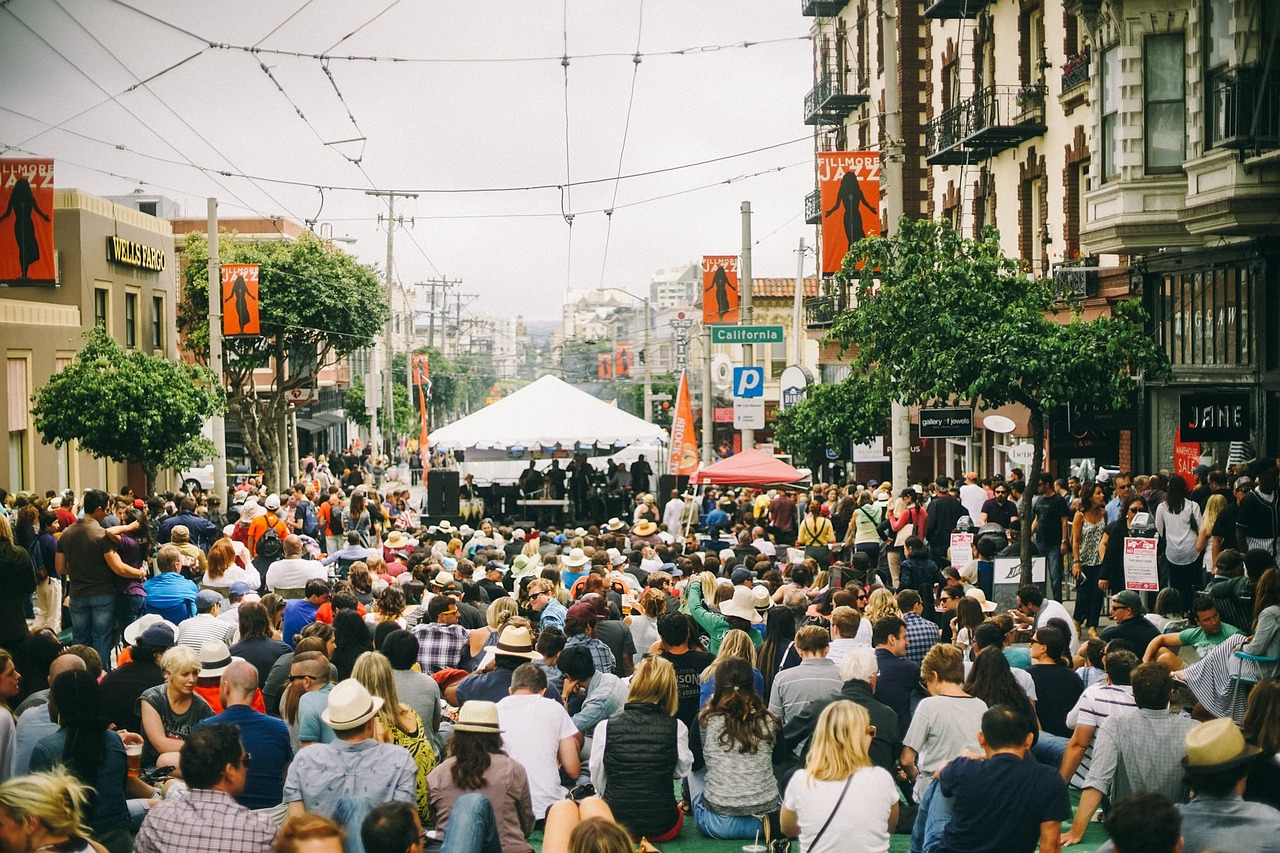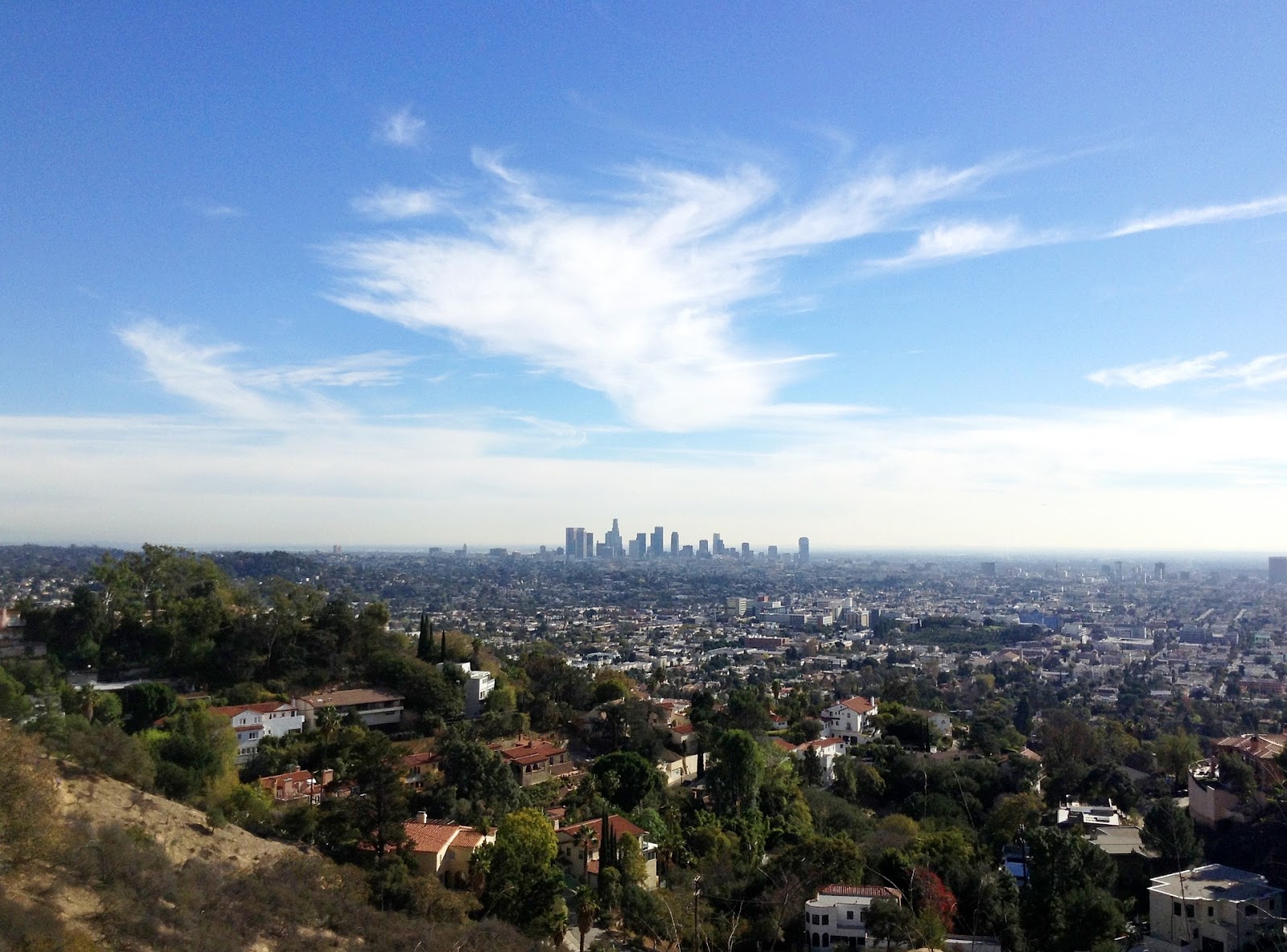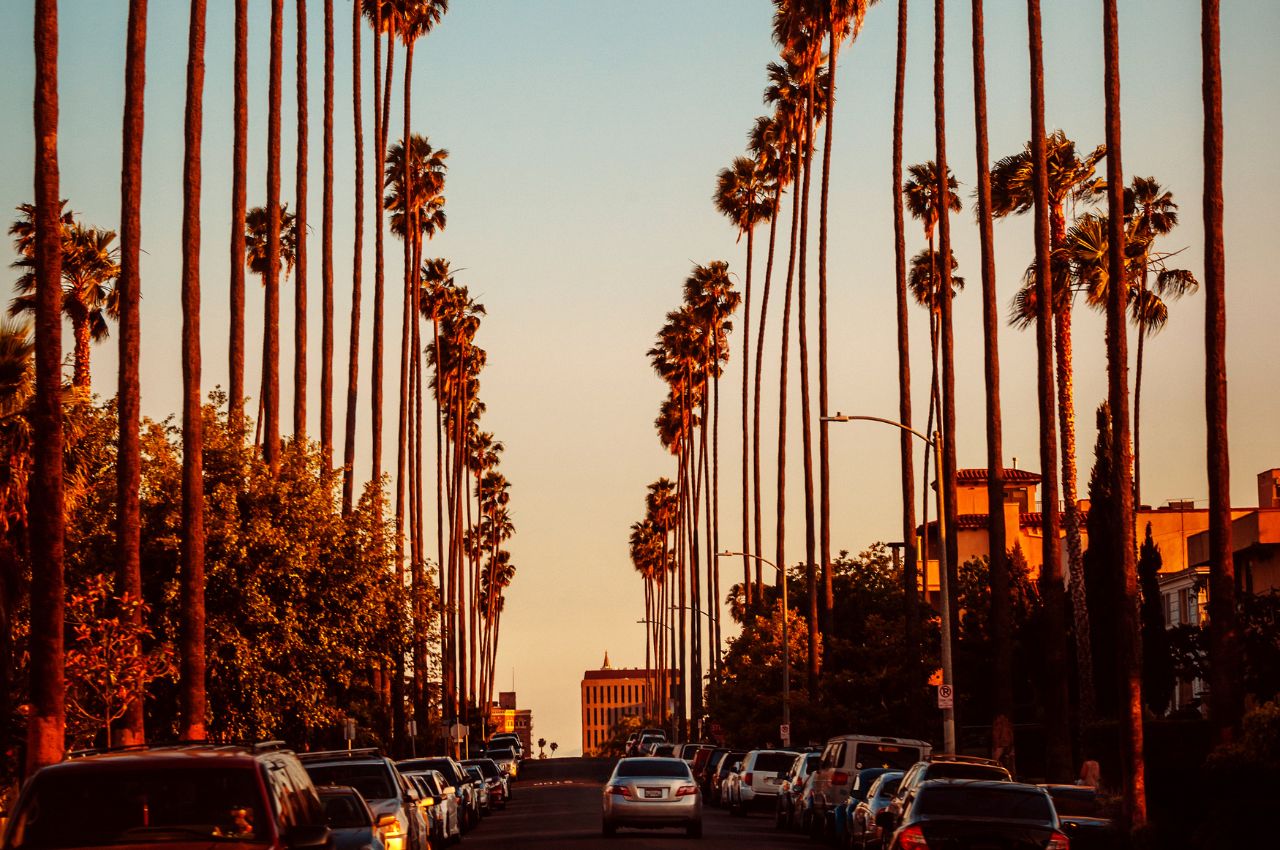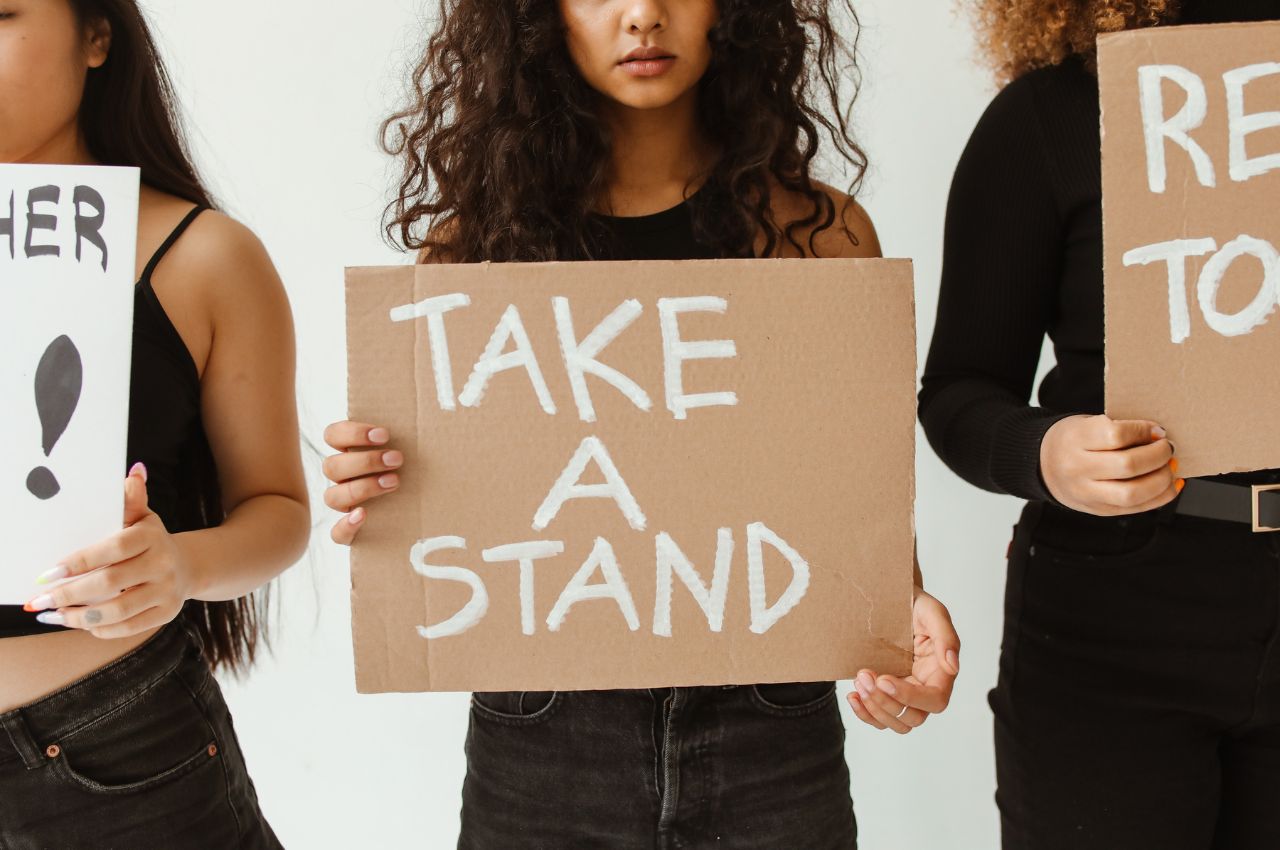As the new year begins, Hollywood grapples with the evolving role of artificial intelligence. The shadow of past strikes by writers and actors looms large, prompting industry leaders to reflect on the impact of AI on the future of entertainment.
In a roundtable with the Los Angeles Times, influential voices from Hollywood shared their insights. Jonathan Glickman, the founder and CEO of Panoramic Media Co., expressed skepticism about AI’s immediate influence on scriptwriting. He remarked, “I don’t think it’s really going to affect the writing process very much for the near future, just because the quality is so far below anything that an audience would stand for.” His statement underscores a prevailing view that AI has yet to reach the artistic heights required by discerning audiences.
The conversation took a turn toward the more technical aspects of filmmaking. Glickman pointed out a concerning trend where AI, like ChatGPT, is being used for script coverage – a task traditionally reserved for aspiring professionals cutting their teeth in the industry. “That’s a job that used to go to an up-and-coming kid who is going to learn how to analyze material,” Glickman lamented, highlighting the potential job displacement caused by AI.
Sam Register, president of Warner Bros Animation and Cartoon Network Studios, quoted similar concerns, emphasizing the importance of promoting human talent, especially in animation. “As an animation studio, I just think it’s important we protect the artists and the art form as long as we can,” he said.
Nicole Brown, who leads TriStar Pictures, talked about what makes movies special: real people’s personal stories and visions. She stated, “I mean, movies are about someone’s experience, someone’s perspective, someone’s vision.” She reminds us that movies are all about human stories, something that AI can’t create yet.
While some are worried about AI, others are excited about it. “America’s Got Talent” judge Howie Mandel shared his enthusiasm for AI in entertainment. “I am embracing AI. I have AI in my office,” he told Fox News Digital, revealing his collaboration with a hologram company. Mandel’s openness to AI reflects a growing trend among entertainers to explore new technological frontiers.
However, Mandel also advocated for regulations around AI, particularly regarding the rights and profits associated with AI-generated content. His stance highlights the complex legal and ethical landscape emerging from AI’s growth in the entertainment sector.
Jack Black’s perspective offered a more balanced view. Speaking to The Hollywood Reporter, Black expressed uncertainty but not outright pessimism. “I don’t feel like, ‘Oh no, it’s going to be like “Terminator” where it comes and destroys all the human jobs.’ I’m not convinced about that,” he said. Black’s view gives hope to those who think AI can work alongside human creativity rather than a replacement.
On the other hand, Justine Bateman, the former “Family Ties” actress and director, firmly opposed AI in Hollywood. “I think AI has no place in Hollywood at all. To me, tech should solve problems that humans have,” she declared. Bateman’s stance is a powerful reminder that technology should serve to enhance human capabilities, not replace them.
The role of AI in Hollywood is not just a topic of debate but also a vital issue in labor negotiations. The 2023 strikes saw unions ratify new contracts with AI provisions, safeguarding writers’ content and actors’ likenesses until 2026. This development is a significant milestone in the ongoing conversation about AI’s place in the entertainment industry.
Jonathan Glickman’s closing remarks hinted at the broader implications of this technological shift. He noted the potential for another strike by IATSE, encompassing hundreds of behind-the-scenes roles. “I think we’re in a disruptive period in the country in general, and this is a microcosm,” he said, suggesting that the challenges faced by Hollywood might be reflective of more significant societal changes.





